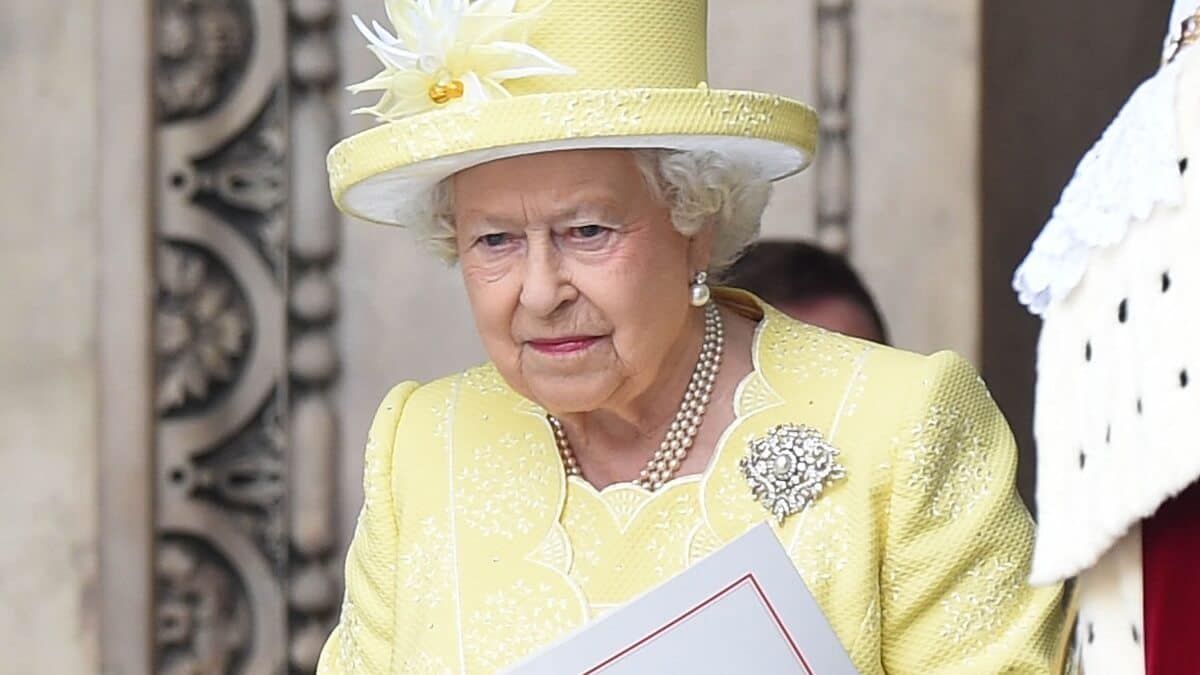
Buckingham Palace has denied Queen Elizabeth blocked a proposed transparency law so that she could conceal the details of her personal wealth.
According to a report by The Guardian, documents obtained from the National Archives revealed that in the 1970s, the Queen’s personal attorney, Matthew Farrer, used a parliamentary procedure called the Queen’s Consent to lobby the British authorities to introduce a clause in a proposed transparency legislation.
The clause was reportedly designed to exempt the Queen from new shareholdings disclosure rules.
It’s claimed the Queen’s attorney lobbied the government due to the concern that the disclosure requirements proposed under the Companies Bill could expose “embarrassing” details about Her Majesty’s shareholdings and enable the public to scrutinize her private finances.
However, a Buckingham Palace spokesperson said that any claims she blocked legislation were “simply incorrect”.
What is the Queen’s Consent?
The Queen’s Consent is a parliamentary procedure that requires Parliament to seek Her Majesty’s consent before it can consider any legislation that relates to the Crown’s private interests.
Using the parliamentary procedure, Her Majesty’s attorneys were allegedly able to get a clause inserted which meant she would not be subject to the legislation.
It allowed for the creation of a shell company through which various wealthy investors, including the Queen, could hold shares in a way that prevented members of the public from determining who was holding the listed shares.
The Queen’s attorney met with state officials
According to the report by The Guardian, a memo by CM Drukker, an official of the Department of Trade and Industry, revealed that the Queen’s personal attorney met with state officials to discuss the Queen’s concerns.
According to Drukker, Farrer’s “clients” were “quite as concerned over the risk of disclosure to directors of a company as to shareholders and the general public.”
Geoffrey Howe, who was then the Trade Secretary, reportedly wrote to another minister, saying they had come up with “solutions” to the Queen’s concerns about the Companies Bill.
“My department has discussed this solution with the legal advisers to the Queen,” Howe reportedly wrote. “While they cannot of course commit themselves to using the suggested new facility, they accept that it is a perfectly reasonable solution to the problem which they face, and that they could not ask us to do more.”
“I am therefore arranging that the necessary provisions should appear in the bill,” Howe concluded.
The clause ‘allowed the Queen to conceal her shareholdings until 2011’
According to The Guardian, the clause is believed to have allowed the Queen to conceal her private shareholdings until at least 2011.
Although the protection offered by the clause then expired, it remained uncertain what happened to the shares held in the shell company, according to The Guardian.
A Buckingham Palace spokesperson said, “Queen’s consent is a parliamentary process, with the role of sovereign purely formal.
“Consent is always granted by the monarch where requested by government. Any assertion that the sovereign has blocked legislation is simply incorrect.
“Whether Queen’s consent is required is decided by parliament, independently from the royal household, in matters that would affect Crown interests, including personal property and personal interests of the monarch.
“If consent is required, draft legislation is, by convention, put to the sovereign to grant solely on advice of ministers and as a matter of public record.”
The latest revelation comes after Queen Elizabeth celebrated the 69th anniversary of her coronation.
It was also claimed that the Queen has been struggling with loneliness since she lost her younger sister, Princess Margaret, in 2002.